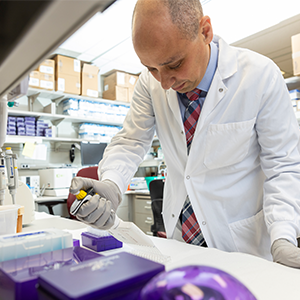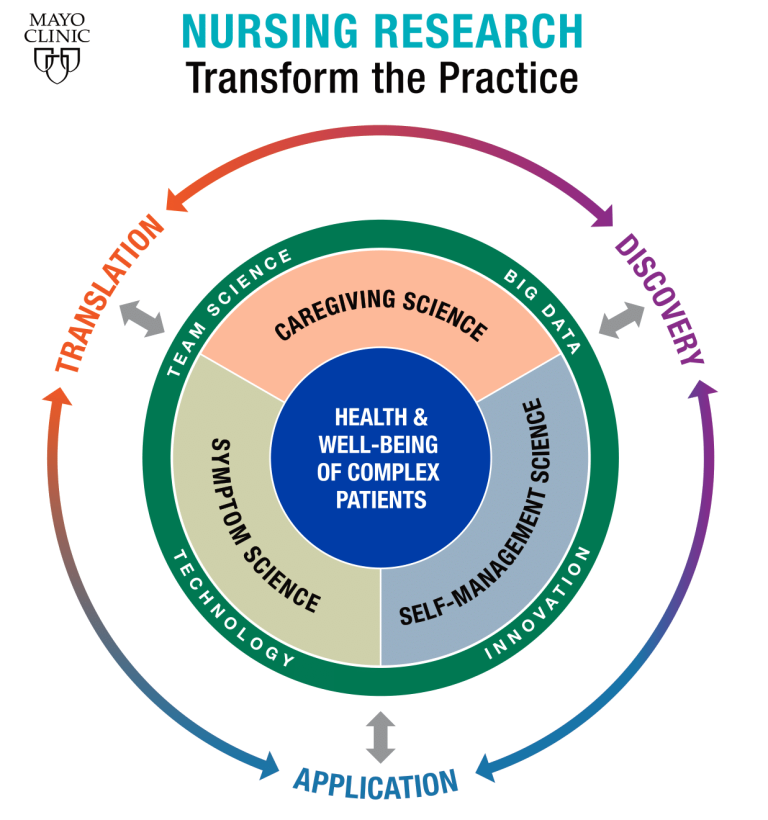-
Mayo Clinic Minute: How exercise helps your brain
The American Heart Association recommends that healthy adults get at least 150 minutes of exercise per week. Moving more reduces your risk of many conditions, including heart attack, stroke, diabetes and some cancers. And, now, you can add some conditions of the brain to that list.
Dr. Eric Ahlskog, a Mayo Clinic neurologist, says exercise is key to keeping your brain healthy.
Journalists: A broadcast-quality video pkg (0:59) is in the downloads. Read the script.
There's no question that exercise is good for your body. But what does revving up your heart rate do for your brain?
"There's a massive amount of scientific evidence that indicates that ongoing exercise directly does good things to your brain," says Dr. Ahlskog. "It's like liberating fertilizer in your lawn."
Dr. Ahlskog says your brain shrinks with age. It happens to nearly everyone.
"If you're in your 80s, most people — maybe not all — but most people have kind of a shrunken brain," says Dr. Ahlskog. "And if you look at it under the microscope at what's going on, they've also lost a lot of brain connections. And it's less losing brain cells than losing those connections. So what can you do to maintain brain integrity? Well, it's exercise."
What kind of exercise is good for your brain? Dr. Ahlskog says any exercise that gets your heart pumping, and makes you sweaty and tired works — good for the body and brain. Talk to your health care provider before you begin your exercise program.







